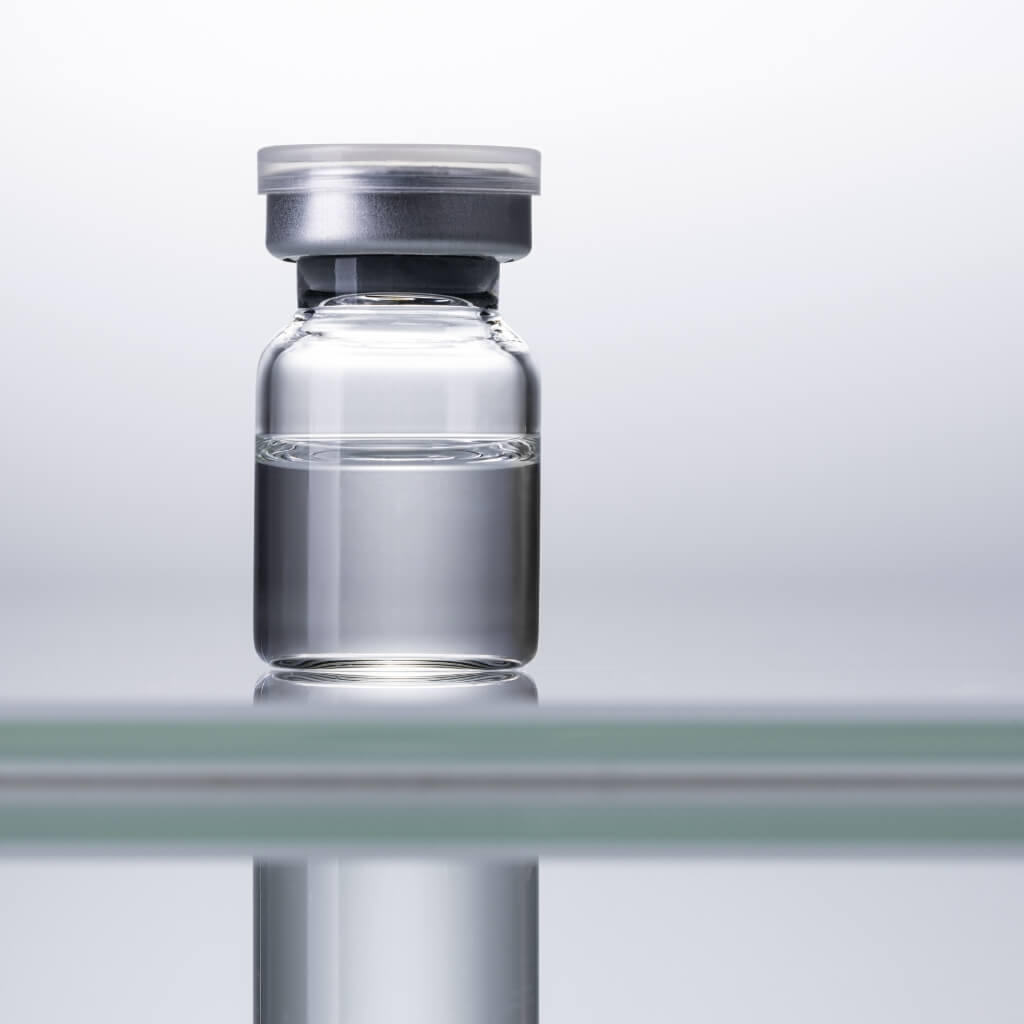Chimeric Antigen Receptor T Cell Therapy (CAR-T): Genetically programmed immune cell binds to and destroys cancer cell / Therapy is now available for the majority of indications
3. May 2022 • Digital Health
3. May 2022 • Digital Health
He wants to make Leipzig a world leader in the mathematical foundations of data science, develop strong research alliances, and decisively advance the use of artificial intelligence (AI): at the beginning of May, Professor Sayan Mukherjee took up his duties as Alexander von Humboldt Professor 2022 at Leipzig University and the Max Planck Institute for Mathematics in the Sciences. The mathematician, statistician and computer scientist has made decisive contributions in areas including the still young field of topological data analysis, which can be used to improve imaging procedures. Mukherjee’s expertise in analyzing biological data will open up new avenues in precision medicine. In this interview, he talks about his plans in Leipzig.
Professor Mukherjee, you are considered one of the greatest experts in the field of topological data analysis. What exactly do you deal with?
Probably the most distinctive aspect of my research has been introducing ideas from abstract mathematics to impactful methodology in data science with applications in biomedicine. My research in topological data analysis (TDA) has led to new ideas in pure mathematics; impactful, novel statistical and principled statistics / machine learning methodology; and applications in biology and medicine. These range from inferring evolutionary histories from physical traits such as bones or teeth to medical applications such as methods to track low-grade gliomas (a group of brain tumours) in patients.
The field of topology is a subfield of geometry: any two geometric objects are equivalent if one can be transformed to the other via continuous transformation, without cutting or gluing. Since the late 19th century, topology has been at the core of many breakthroughs in mathematics. A key idea at the heart of topology are invariant summaries of an object.
A key aspect that was missing in TDA was stochasticity. For instance, using topological summaries requires an ability to define probability distributions based on these summaries As a probabilist and statistician, I tackled this problem and with colleagues provided a mathematical foundation for probability theory on persistence homology.
How do you intend to contribute your expertise to research at Leipzig University and the Max Planck Institute?
I will have a research group called Inference and Learning that will be based at the Center for Scalable Data Analytics and Artificial Intelligence (ScaDS.AI) at Leipzig University. In addition, I will interface with the Faculty of Medicine via the Interdisciplinary Center for Bioinformatics (IZBI). My research will have three foci: the mathematical foundations of inference and learning based at the Max Planck Institute; methodological innovations for inference and learning at ScaDS.AI; and applications in biomedicine through collaborations in the Faculty of Medicine via the IZBI.
How long will you be conducting research in Leipzig?
Hopefully until I retire.
What goal have you set for your research in Leipzig?
1. To make Leipzig a world leader in the mathematical foundations of data science.
2. I would like to develop strong research alliances with the Faculty of Medicine and facilitate lower entrance barriers for making effective use of AI in biomedical research.
3. I aim to convince the AI community that research integrating Bayesian inference with modern AI is fundamental to AI and is one of the next big ideas.
In your opinion, where does Germany stand internationally on the subject of artificial intelligence?
Germany has a strong programme in AI, with the Max Planck Institute for Intelligent Systems being just one example of several internationally renowned centers. I have been very impressed with the systematic effort in Germany to build up AI including research, educational, and outreach support. One mechanism via which AI has made a great impact in society has been through partnerships between universities and companies. One example in the UK is Deepmind. This type of collaboration is happening in Germany but not on the same scale. Of course care is needed as tech companies and universities do not share the same objectives, but in AI, collaboration between universities and tech companies has changed the pace of innovation and how quickly innovations get transferred to products.
Together with Professor Meiler and other researchers, you will work on establishing a “Center for Medicine Innovation” (CMI) that will bring together medical technology, digitalization and drug design. What is your vision for this CMI?
Our vision is of a hub for technology transfer, innovation, workforce training, and developing a sustainable, flexible workforce that will impact technology, health, and industry in Saxony. My personal contributions to the CMI will focus on translating cutting-edge AI methodology into products for personalized medicine and developing analysis to integrate medical technology, digitalization and drug design to help develop products, intellectual content, and education of an AI-fluent workforce.
Interview conducted by Susann Huster.

cell-immune-gene-therapies
Small glas bottle which is normally used to store vaccine
Chimeric Antigen Receptor T Cell Therapy (CAR-T): Genetically programmed immune cell binds to and destroys cancer cell / Therapy is now available for the majority of indications

digital-health
Human who looks onto a recording of brainwaves on his tablet computer and moves the model with his fingers
The Smart Infrastructure Hub Leipzig will receive a further 1,9 million euros from the cluster funding of the Saxon Ministry of Economic Affairs.

cell-immune-gene-therapies
Small glas bottle which is normally used to store vaccine
A relatively small metropolis in Germany’s Free State of Saxony – a dynamic hub for the life science industry? What was just a vision 20 years ago has become a reality for the city of Leipzig, which from October 24-26 co-hosted BIO-Europe, Europe’s largest annual biotech partnering event.

services
Woman who looks at something through a microscope while another woman ist watching her
The European Commission has approved the Saxon ERDF/JTF program for the funding period 2021 to 2027.